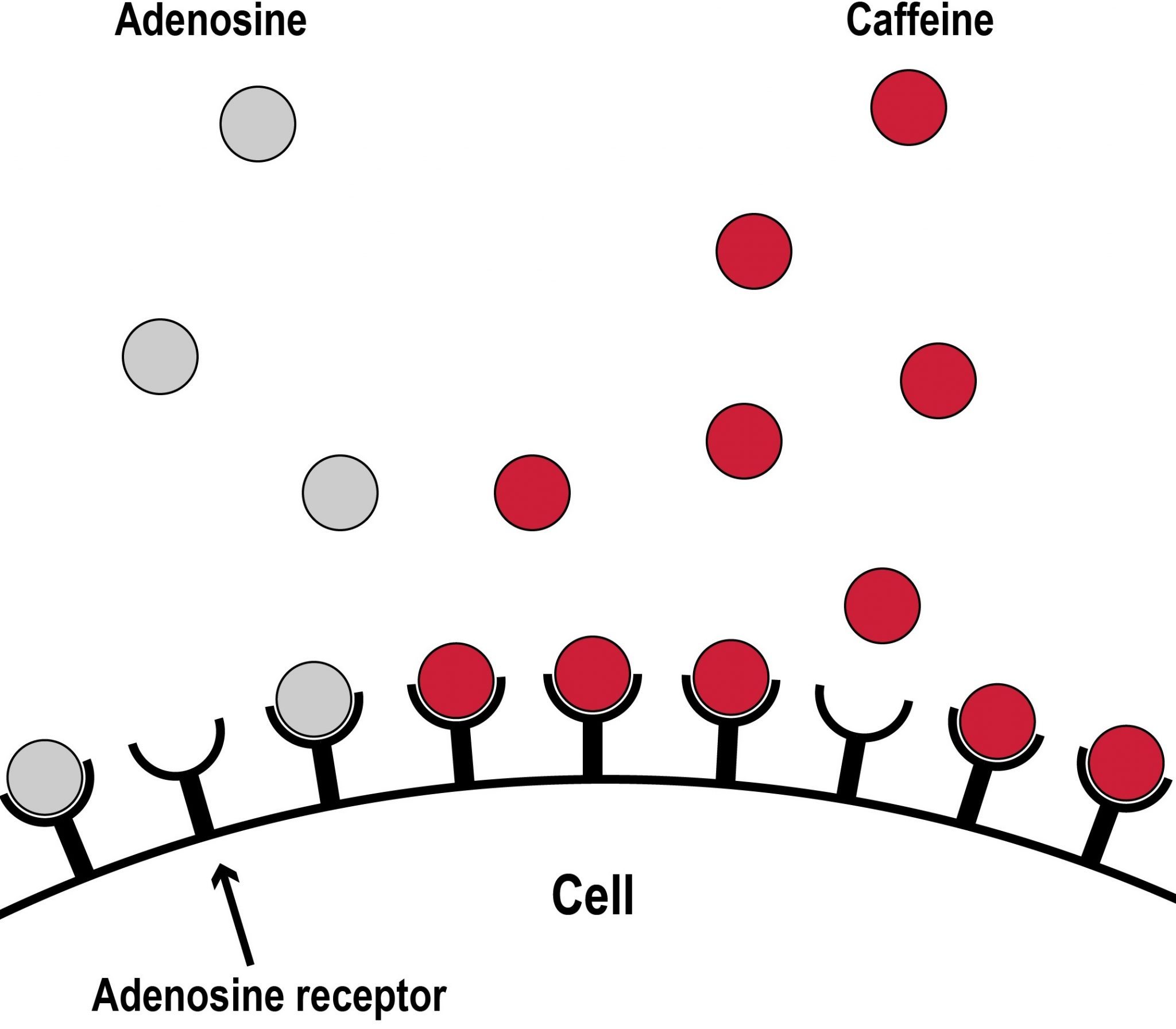Many students focus on cramming content in the hopes of boosting their scores for assessments without realising that they can get a bit of help from foods that boost learning or exam preparations.
Why use foods that boost learning or exam preparations
You are already eating everyday, why not fine tune what you consume with foods that boost learning or exam preparations in order to get yourself that bit of edge versus your compatriots?
This can also be in addition to many of these foods having other positive effects on the body.
Foods I am going to list contains certain chemicals, which correlates with increase in cognitive performance.
Since these are natural components of food, it has little side effects and are also affordable.
However, please consult your doctor or dietitian especially to determine if you have any allergies before incorporating any of them.
Foods that boost learning: caffeine
Caffeine is one of the most important chemicals in foods that boost learning by increasing cognitive and physical performance.
Drinks rich in caffeine such as coffee is not surprisingly most commonly drunk for students seeking that increase in cognitive performance.
Let me simplify the biology for your understanding to see when and how you can indulge on this performance enhancing food chemical.
As you can see below, caffeine competes with adenosine for its receptors.

This action is therefore one of the reasons why caffeine exerts its effects.
However, this chemical does not behave equally for all people.
This is because of the version of the gene (CYP1A2) one has, whose product is an enzyme that metabolizes it.
This gene has 2 versions known as A and C. A person with AA are fast metabolizers whilst AC and CC are slow metabolizers.
According to this study, AA genotypes interestingly tends to reap the performance benefits the most.
If you are one of them, you should consume it 1hr prior to starting you study sessions preferably in your biological peak performance period in the day.
And if you are to drink coffee know that the concentration of caffeine may vary, although one generally gets the higher concentrations from cold brew versions.
Foods that boost learning: theacrine
Theacrine is an extract from bitter tea (苦茶) that one can commonly find in traditional Chinese medicine shops.
This chemical comes from and is synergistic with caffeine.
Since this molecule is very similar to caffeine, it also competes for the same receptor as above.
However, due to the slightly different structure of this molecule, it does not result in post-caffeine jitters that slow metabolizers experience.

As such this may make simultaneous use of caffeine more efficacious.
Foods that boost learning: turmeric and cocoa
One of the most important neuro boosters is a protein; Brain-derived neurotrophic factor BDNF.
Scientists say that this compound contributes to memory development and learning which is particularly pertinent for students.
As such, the hunt began to find what food induces BDNF production.
2 of them have been worked on in animals to show the increase in the neuro booster levels in the blood.
These are tumeric and cocoa.
My suggestion is to sprinkle turmeric powder into salads and cocoa into the hot coffee/bitter tea you are drinking (without adding sugar!).
Non-foods that boost learning: Magnesium
Magnesium is an important element that cells of the body need to carry out important biological reactions.
You can survey the functions here.
However, I want to highlight one of the functions since it is the most relevant to biology concepts I teach.
Specifically, it often acts as a co-factor to many enzymes.
One such example being DNA polymerase, which is why magnesium is being added into the PCR mixture which I talk about in molecular techniques.
In situations where there is insufficiency (which is very common), enzymes don’t function as intended.
This is further worsen by some who don’t eat green leafy vegetables which is a rich source of magnesium. The reason being, that it is part of chlorophyll which is crucial to photosynthesis.
Once of the most significant problems for students is the diminishing ability to learn and develop memory.
Supplementation could therefore improve memory and learning deficiencies for those who are short in the element.
However, not all magnesium supplements are equal and in fact some of them are laxatives which worsen the problem!
I personally take magnesium-L-threonate, as it is the form that can cross the blood brain barrier in order to boost learning and memory development.
What about nootropics
The list above are easily available on the supermarket isles as well as safe for consumption generally.
However, depending on the genetics of the person or concentration of the beneficial chemicals, they may or may not derive any boost in learning.
On the other hand, it may take some time before one experiences the positive effects.
As such, a small handful of more adventurous students have gone further than food in seeking chemicals that boost learning and exam preparations instead.
Many refer to these chemicals as nootropics or smart drugs.
These are often only available with a prescription and are synthetic.
However, I do not encourage exploration in this area. Since one cannot easily reverse the consumption of these chemicals which may have adverse effects.
Worse still, some of the chemicals like ritalin can be addictive!
Also, since many doctors are cautious and will not prescribe these drugs some turn to online pharmacies.
Since these manufacturing outfits are not regulated, one cannot trust the quality and quantity promises as well as whether they will contain impurities that may even be poisonous!
In addition, students who seek these out do not usually come under medical supervision and consequently may not be sensitive enough to know when things are going side ways.
So as promising as they sound, I think it is not worth the effort and the risk to indulge in nootropics.
Bottom-line
Whilst the foods above can be eaten or drunk to boost learning and exam preparations.
Its most important not to overdose. Too much of anything is never a good thing.
For example, if caffeine is drunk round the clock, the drinker will build resistance to the chemical requiring larger doses as the adenosine receptors down regulate in response.
The same chemical can also affect sleep. And I talk about the importance of sleep to learning in the past.
Finally, let me know if this has been useful.
Strategies for being a better student sitemap:
Study excellence
Developing grit = success
Morning routine for A students
How to take good notes in class
Sleeping your way to optimal learning
Study productivity and diffuse learning
Foods that boost learning or exam prep
Positive thinking can help improve grades
10 tips for busy students to get more time
Handphone use in classrooms: how it works against learning
Exam Strategies
The exam diet
Boost A level performance
Goal setting for exam success
Solution to exam-taking anxiety
Spaced repetitions and exam success
How to remember everything for exams
Find motivation during exam preparation
#1 problem in biology exam | 3 tips to do well